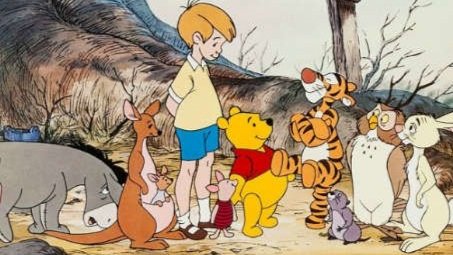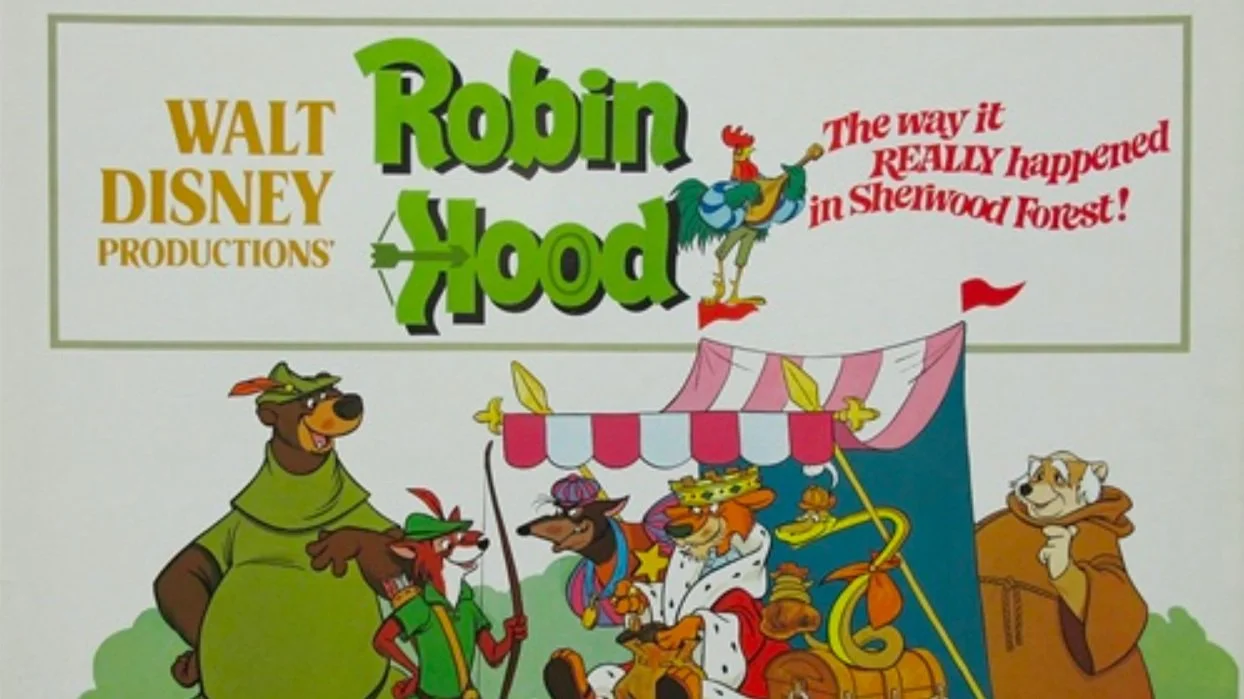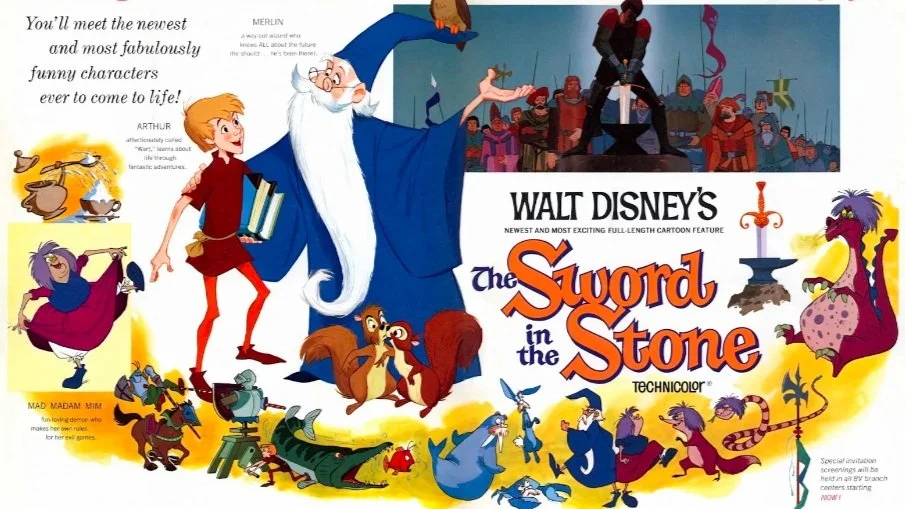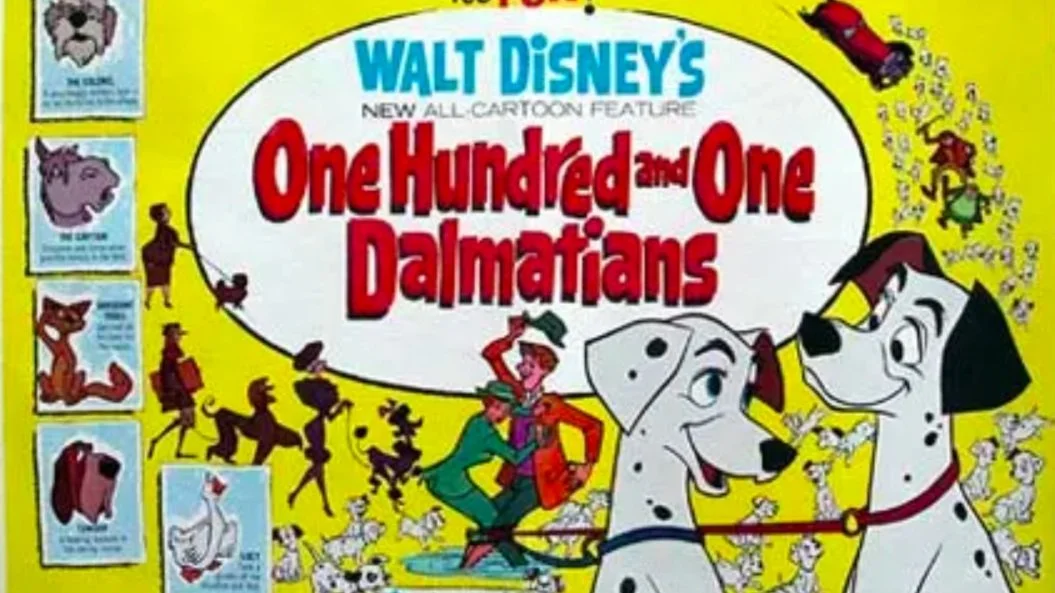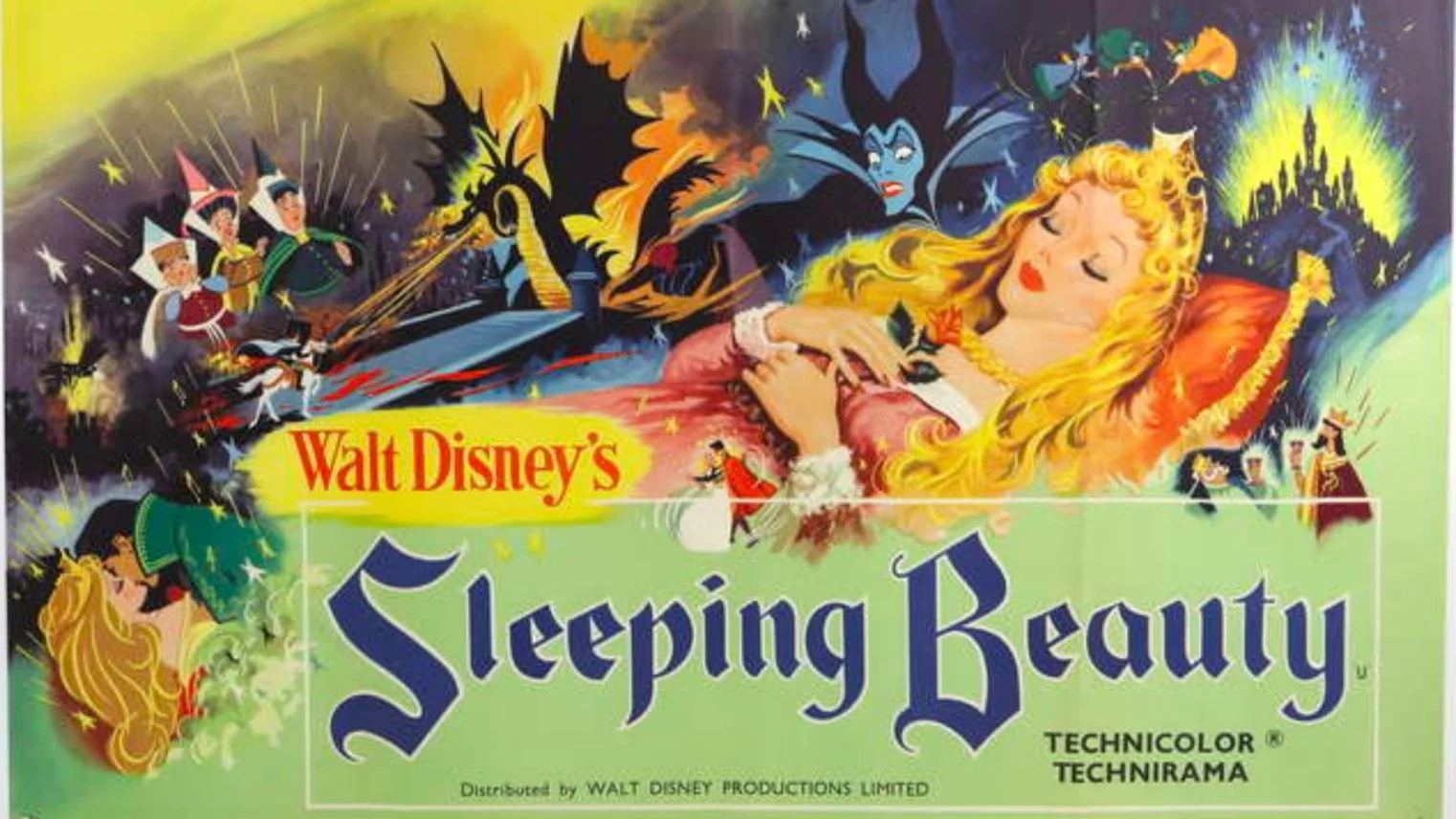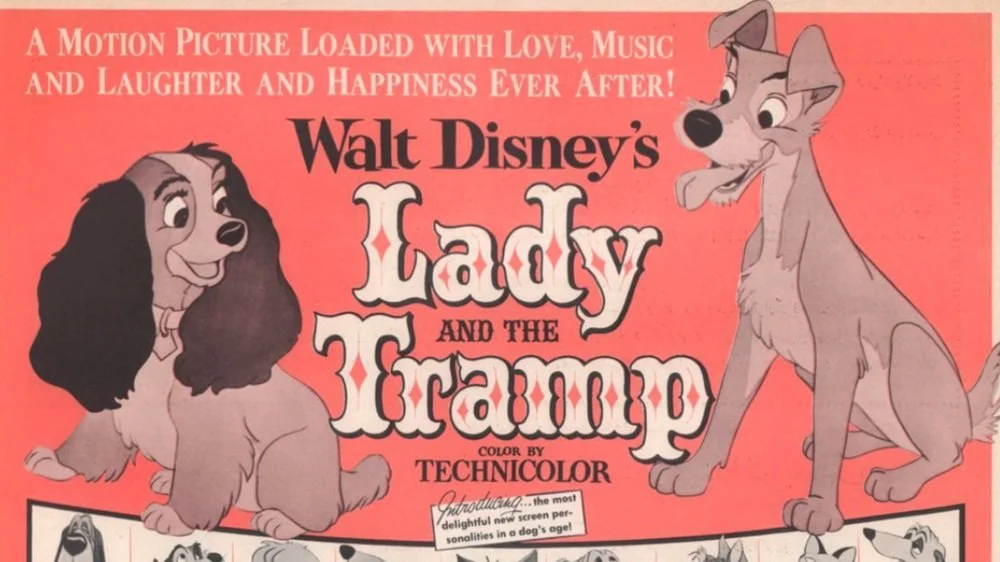Beginner’s Guide to Alfred Hitchcock: Mr. & Mrs. Smith (1941)
From the mid-1930s to the 1940s, screwball comedies were one of the most popular genres in Hollywood. These fast-paced, absurd comedies often pitted men and women against each other in a sexually charged battle of the sexes. The first screwball comedy is said to be Frank Capra’s 1934 film It Happened One Night and the film set a template that would influence romantic comedies into the modern era. One of the brightest stars in screwball comedy was Carole Lombard. She starred in many classics of the genre including My Man Godfrey, To Be or Not to Be, and Twentieth Century. In the early 1940s, Lombard approached Alfred Hitchcock to make a film with her. The result is Hitchcock trying his hand at a style of comedy completely foreign to him.
Ann (Lombard) and David Smith (Robert Montgomery) are a married couple who often bicker with each other. They have a rule that they cannot leave the apartment until they reconcile. Their fights last for days, and so David often misses work. One morning, Ann asks David if he would marry her again if he had to. David surprises her by saying no, even though he loves her. County Official Harry Deever (Charles Halton) informs both of them separately that their marriage wasn’t valid, and they are not legally married. Ann kicks David out, and the two separate as Ann begins to see Jeff (Gene Raymond) to get back at him.
Mr. and Mrs. Smith belongs to a specific subgenre in screwball comedy: comedy of remarriage. The basic plot is that a couple divorces, sleeps with other people, and then get back together. The comedy of remarriage was a way to get around censorship during the reign of the Hays Production Code. Characters could freely flirt with people and commit “adultery.” Screwball comedies were said to be sex comedies without the sex, and these remarriage plots played a hand in that. Some famous examples of comedy of remarriage: The Philadelphia Story, The Awful Truth, His Girl Friday, and The Lady Eve. Mr. and Mrs. Smith plays this premise pretty straight. And the added hurdle of an invalid marriage license suggests that Ann and David made love for years without being legally married? Scandalous!
So how did Alfred Hitchcock get this directing job? Well, stories differ. Hitchcock claims he did the movie as a favor for Carole Lombard and shot Norman Krasna’s script as written. He said he didn’t understand the world the characters were living in. I’ve also read that Hitchcock pursued the project, wanting to work with Lombard. The rumor goes that initially he wanted Lombard in a more serious role, but through pre-production he ended up directing this script.
Whether or not Hitchcock wanted to make this or just thought of it as an assignment, the film itself is decent but not very memorable. Carole Lombard herself is radiant and hilarious, keeping the film on its toes. By this time, she had already established herself as a comedy legend. Unfortunately, Mr. and Mrs. Smith would be the final film of hers to release before her untimely death in a plane crash after a war bond rally. Her final film To Be or Not to Be would release a few months after her death. Her performance in this film is delightfully madcap and she holds the whole film together.
Her co-stars Robert Montgomery and Gene Raymond are good in the film, but they’re really no match for Lombard. Even the look of the film, by future Oscar winning cinematographer Harry Stradling, doesn’t have the bounce necessary for a classic screwball comedy. Neither does Hitchcock actually, whose disinterest in the film is clear from behind the camera. The film has a few zany sequences, like the skiing resort scenes, but for the most part Mr. and Mrs. Smith is more interesting as an oddity. Hitchcock is no stranger to comedy, but perhaps a farcical screwball comedy was out of his range.





